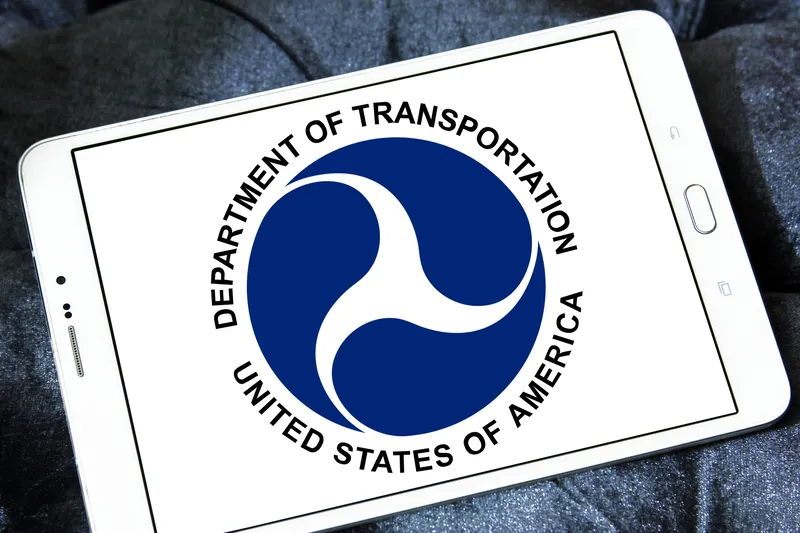The US Department of Transportation (USDOT) is to hold a two-day public meeting on 22 and 23 October at the Detroit Metro Airport Marriott to seek stakeholder input on the intelligent network flow optimisation (INFLO) bundle of applications.
The USDOT's dynamic mobility applications (DMA) program identified the three applications, queue warning (Q-WARN), dynamic speed harmonisation (SPD-HARM) and cooperative adaptive cruise control (CACC) as high priority for the connected vehicle research program.
October 10, 2013
Read time: 1 min
The 324 US Department of Transportation (USDOT) is to hold a two-day public meeting on 22 and 23 October at the Detroit Metro Airport Marriott to seek stakeholder input on the intelligent network flow optimisation (INFLO) bundle of applications.
The USDOT's dynamic mobility applications (DMA) program identified the three applications, queue warning (Q-WARN), dynamic speed harmonisation (SPD-HARM) and cooperative adaptive cruise control (CACC) as high priority for the connected vehicle research program.
The purpose of the INFLO effort is to develop a prototype of dynamic speed harmonization with queue warning and conduct a small-scale demonstration or a controlled environment test of the prototype.
The meeting will conduct a walkthrough review of the system requirements and the architecture of the prototype of dynamic speed harmonisation with queue warning, and solicit feedback from stakeholders.
The USDOT's dynamic mobility applications (DMA) program identified the three applications, queue warning (Q-WARN), dynamic speed harmonisation (SPD-HARM) and cooperative adaptive cruise control (CACC) as high priority for the connected vehicle research program.
The purpose of the INFLO effort is to develop a prototype of dynamic speed harmonization with queue warning and conduct a small-scale demonstration or a controlled environment test of the prototype.
The meeting will conduct a walkthrough review of the system requirements and the architecture of the prototype of dynamic speed harmonisation with queue warning, and solicit feedback from stakeholders.








